About L'Industrie
The grand sculpture of "L'Industrie" stands prominently, a testament to the power and progress of industrialization. Crafted with precision, the figure is depicted in a dynamic pose, holding tools that symbolize the advancements of the industrial era. The statue, part of a series adorning the façade of the Louvre, captures the spirit of innovation and the transformative impact of industry on society. The intricate details of the sculpture, from the folds of the garments to the expression of determination on the figure’s face, reflect the artistic mastery of the 19th century.
Positioned along the Port du Louvre, this sculpture is not just an artistic piece but a historical marker of France’s industrial growth. Created during a time when Paris was at the forefront of technological and industrial advancements, "L'Industrie" embodies the optimism and forward-thinking spirit of the era. The statue is part of a larger narrative told by the Louvre’s exterior, where art and history converge to celebrate human achievement and progress.
Right Where It Began: The Industrial Revolution
The Industrial Revolution marked a significant turning point in history, and "L'Industrie" serves as a reminder of this transformative period. In the 19th century, France was rapidly industrializing, with Paris becoming a hub of innovation and economic growth. The statue symbolizes the era’s technological advancements, from steam engines to mechanized production, which reshaped society and laid the groundwork for modern industry. This sculpture, therefore, is not just a representation of industry but a celebration of human ingenuity and the relentless pursuit of progress.
Plan your perfect trip to Paris with Travo! Download now and start exploring.
Marks of Time: Visible Historical Elements
The sculpture’s presence on the Louvre’s façade is a testament to the enduring legacy of the Industrial Revolution. The tools held by the figure, such as the hammer and gear, are emblematic of the era’s technological breakthroughs. These elements, carved with meticulous detail, speak to the historical significance of industry in shaping modern civilization. The statue’s placement among other allegorical figures on the Louvre highlights the interconnectedness of art, history, and progress, inviting viewers to reflect on the past while considering the future.
Stories in Stone: Features Telling Stories
The narrative of "L'Industrie" is woven into the very fabric of the sculpture. The figure’s posture, poised and forward-looking, conveys a sense of determination and ambition. The tools, carefully rendered, tell the story of a society in transition, moving from agrarian roots to industrial prowess. This transformation is captured in the stone, where each chisel mark contributes to a larger story of human achievement. The statue stands as a silent storyteller, recounting the tale of an era that forever changed the world.
Details That Speak: Meaningful Elements
Every detail of "L'Industrie" is imbued with meaning. The figure’s attire, reminiscent of a worker’s garb, underscores the importance of labor and the working class in driving industrial progress. The expression on the figure’s face, one of focus and resolve, reflects the spirit of innovation that defined the era. These elements, combined with the statue’s prominent location, speak to the enduring impact of industry on society and the continued relevance of these themes in contemporary discourse.
Living History: Present Connections
Today, "L'Industrie" serves as a bridge between past and present, connecting viewers to the historical roots of modern industry. As visitors pass by the Louvre, the statue invites them to consider the ongoing influence of industrialization on today’s world. The themes of progress and innovation remain relevant, as society continues to grapple with the challenges and opportunities presented by technological advancements. In this way, "L'Industrie" is not just a relic of the past but a living part of Paris’s cultural and historical landscape.
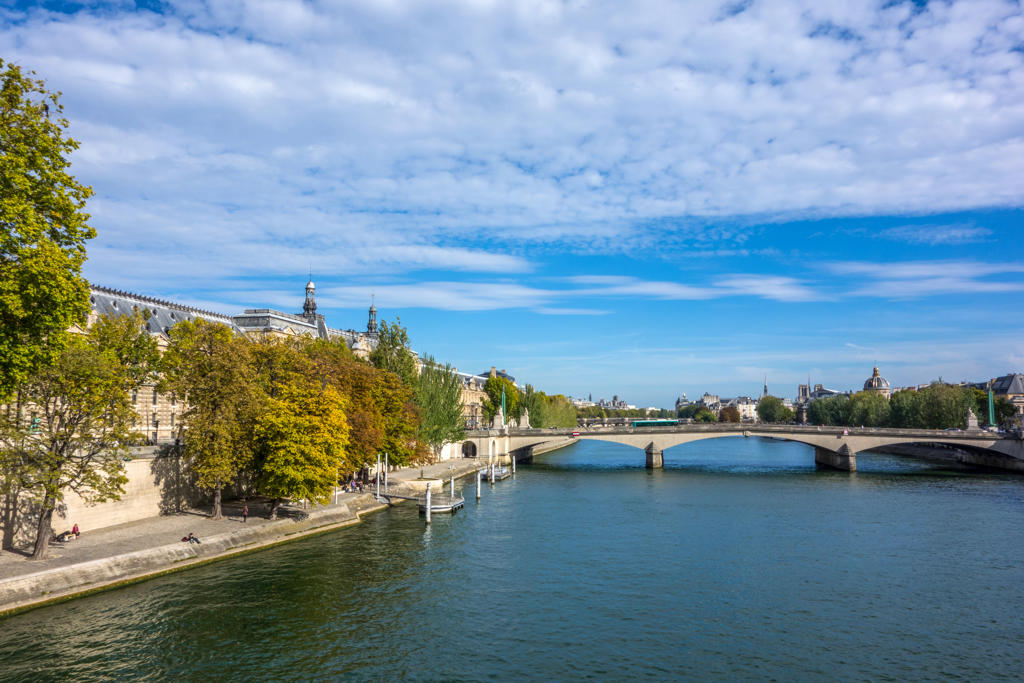
Map loading...
Location
Port du Louvre, 75001, Paris
More Information
Nearby Places
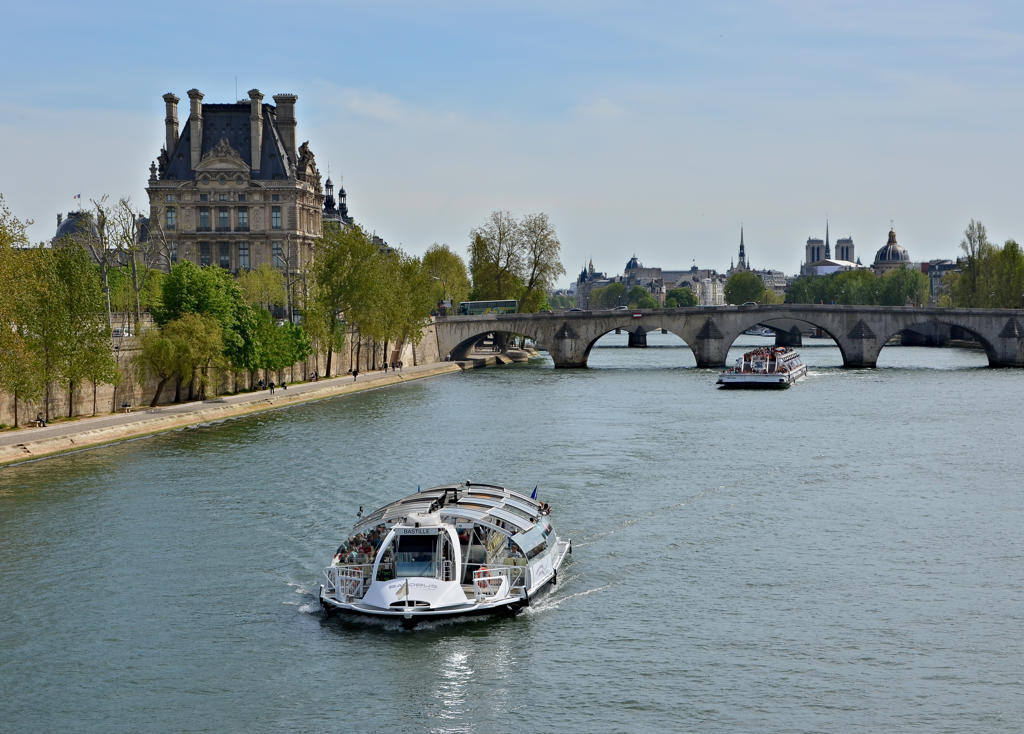
Louvre
138m away
Port du Louvre, 75001, Paris

Inverted Pyramid
186m away
Allée de Rivoli, 75001, Paris
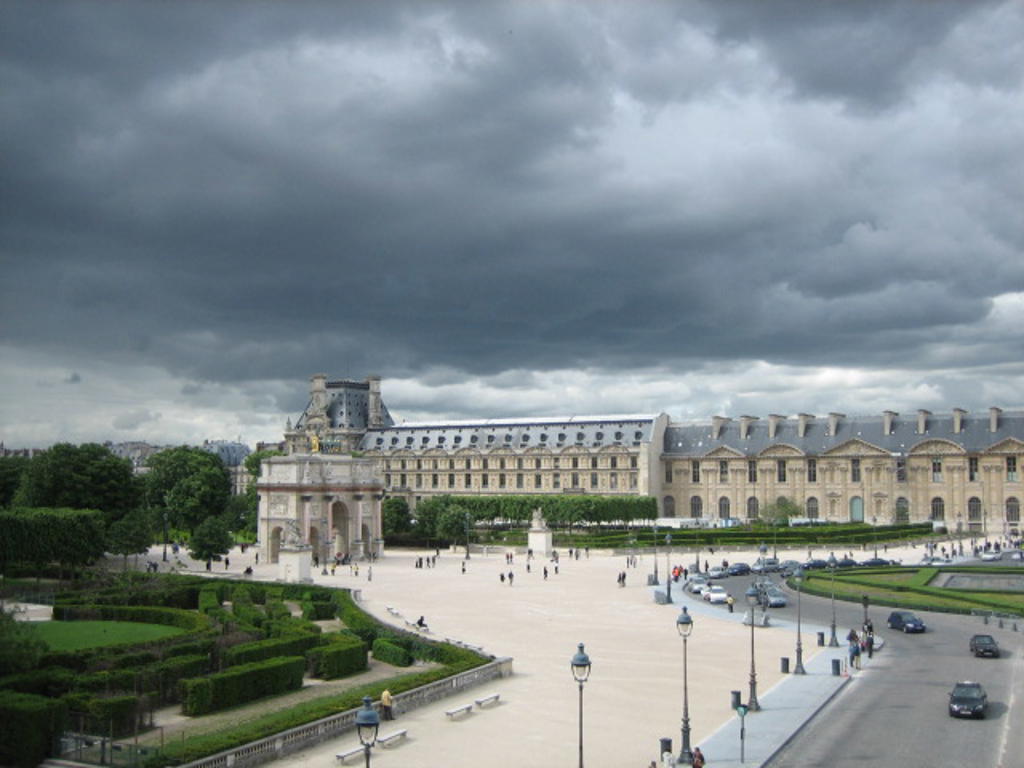
Place du carrousel
206m away
Place du Carrousel, 75001, Paris
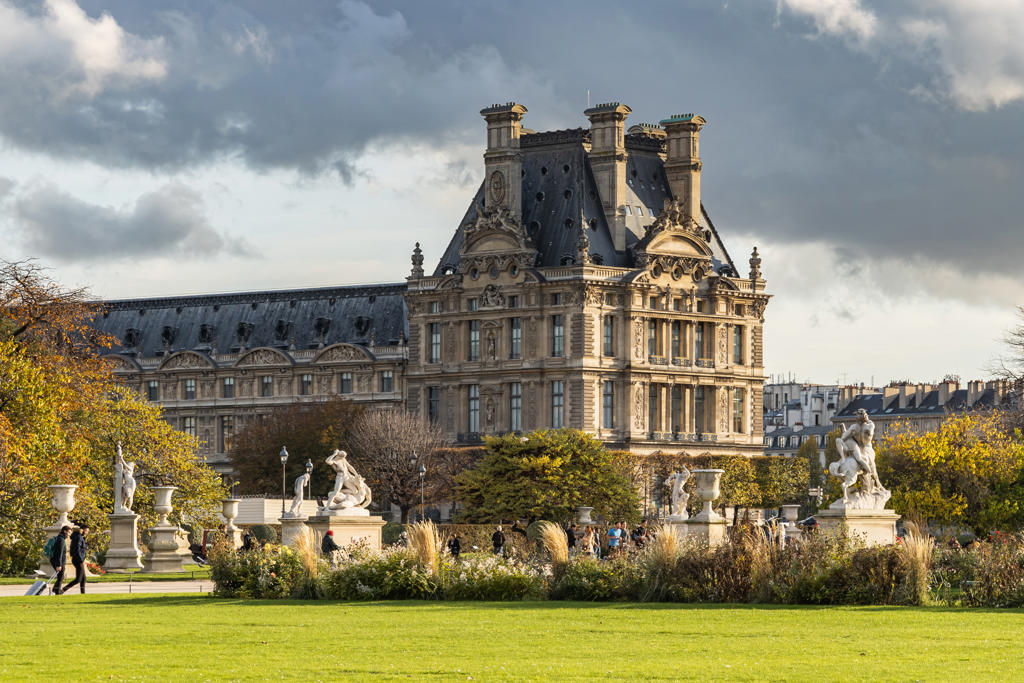
Louvre Palace
310m away
Rue Saint-Honoré, 75001, Paris
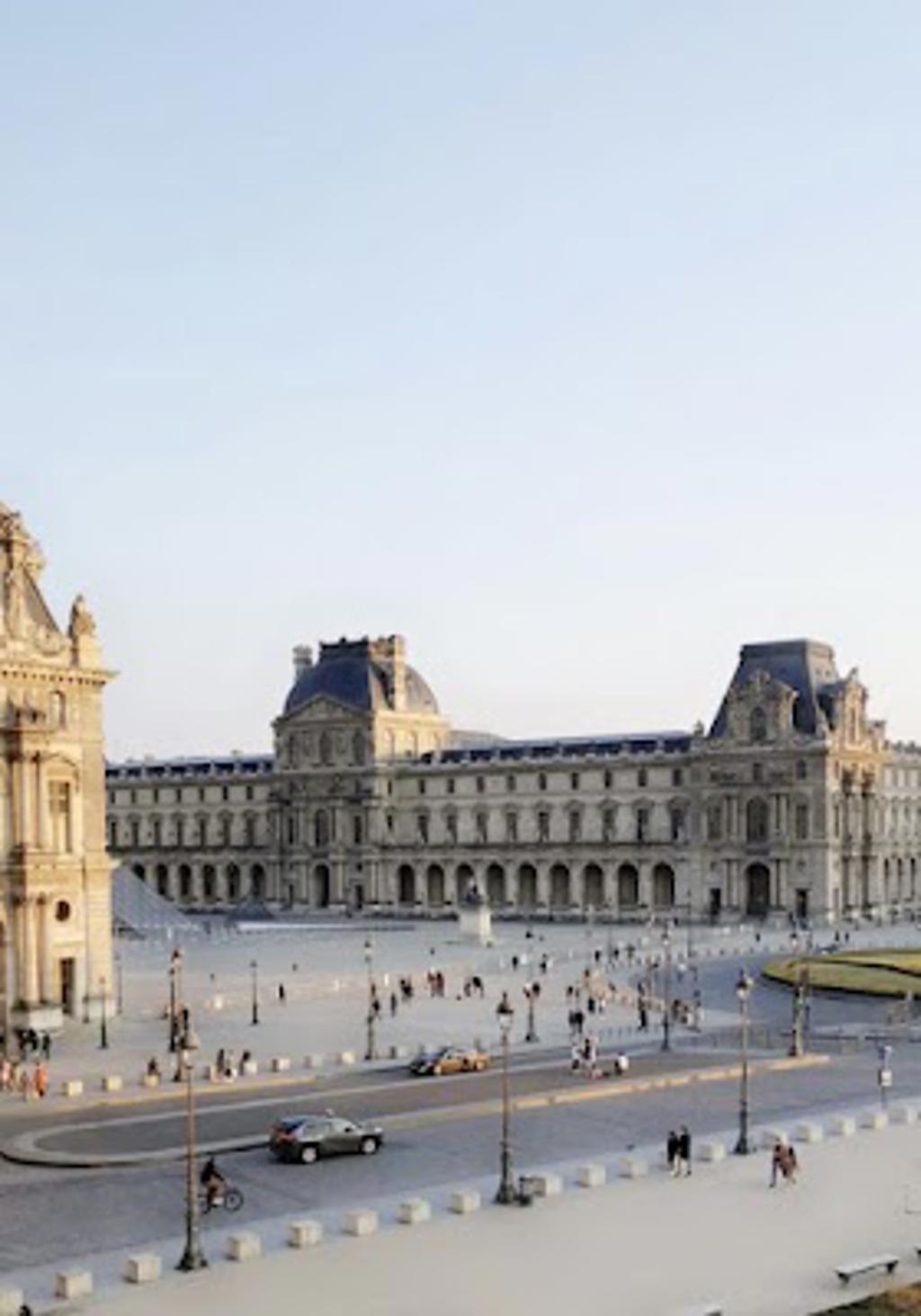
Amphithéâtre Rohan
338m away
99 Rue de Rivoli, 75001, Paris
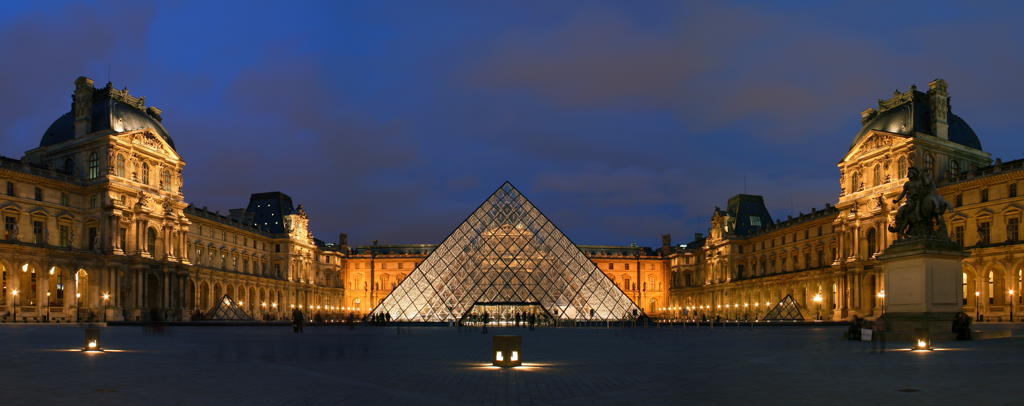
Louvre Museum
366m away
Rue Saint-Honoré, 75001, Paris
